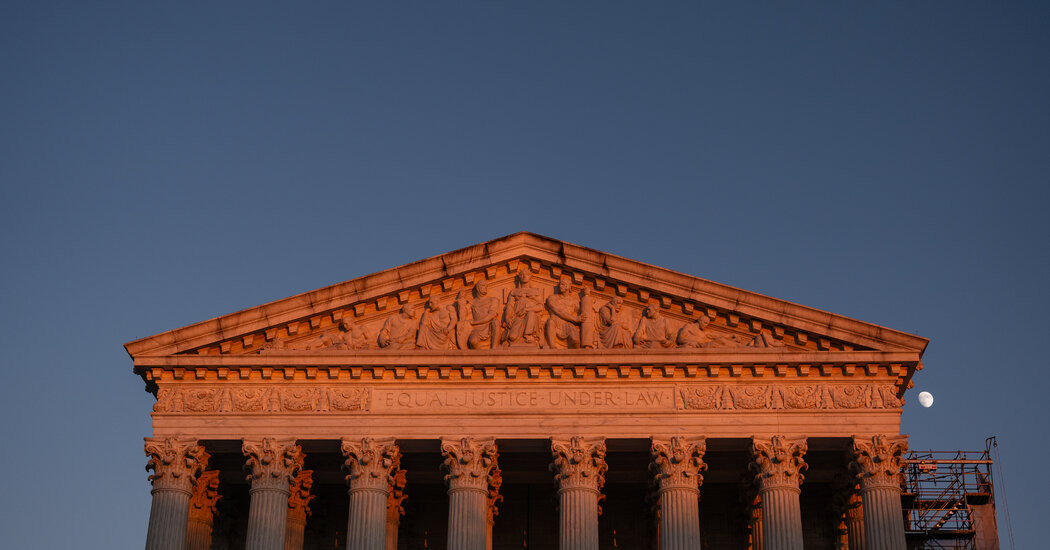

A conservative group argues that Congress gave the Federal Communications Commission too much discretion over an $8 billion fund.
The Supreme Court, which dealt a major blow to the power of federal agencies in June, agreed on Friday to consider another: whether Congress violates the Constitution by delegating broad discretion to them.
The so-called nondelegation doctrine has been largely dormant since 1935, when the Supreme Court struck down New Deal laws for granting too much leeway to agencies with insufficient guidance.
A decision reviving the doctrine would be the latest in a sustained series of attacks on what its critics call the administrative state. The decision in June, for instance, overruled a foundational precedent requiring deference to agencies’ interpretations of federal laws and endangered countless regulations in areas like the environment, health care and consumer safety.
Along the same lines, other recent rulings rejected the Securities and Exchange Commission’s use of administrative tribunals to combat securities fraud and limited the Environmental Protection Agency’s ability to address carbon emissions.
The new dispute concerns an $8 billion fund that helps pay for telephone and broadband services for poor people and residents of rural areas. Overseen by the Federal Communications Commission, the Universal Service Fund relies on charges imposed on phone bills.
Consumers’ Research, a conservative group, challenged the law establishing the program, saying it granted the agency too much discretion. Moreover, the group said, the F.C.C. had acted unlawfully in letting a private entity administer the fund.
“In essence,” the group told the justices, “a private company is taxing Americans in amounts that total billions of dollars every year, under penalty of law, without true governmental accountability.”
The U.S. Court of Appeals for the Fifth Circuit, in New Orleans, ruled that the program was invalid. “The universal service contribution mechanism’s double-layered delegation is incompatible with our constitutional structure,” Judge Andrew S. Oldham wrote for the majority.
The Biden administration asked the Supreme Court to intervene.
“If left in place,” the administration’s petition seeking review said, “the decision will upend the universal service programs, to the detriment of millions of consumers nationwide.”
The court is likely to hear arguments in the spring in the two consolidated cases, F.C.C. v. Consumers’ Research, No. 24-354, and Schools, Health & Libraries Broadband Coalition v. Consumers’ Research, No. 24-422, by which time the Trump administration will be in charge and may shift positions.
Reviving the nondelegation doctrine has been a longstanding goal of the conservative legal movement, and several conservative justices have written favorably about it.
“Since 1935,” Justice Samuel A. Alito Jr. wrote in 2019, “the court has uniformly rejected nondelegation arguments and has upheld provisions that authorized agencies to adopt important rules pursuant to extraordinarily capacious standards. If a majority of this court were willing to reconsider the approach we have taken for the past 84 years, I would support that effort.”
Three other members of the court — Chief Justice John G. Roberts Jr. and Justices Clarence Thomas and Neil M. Gorsuch — also said then that they were ready to act right away.